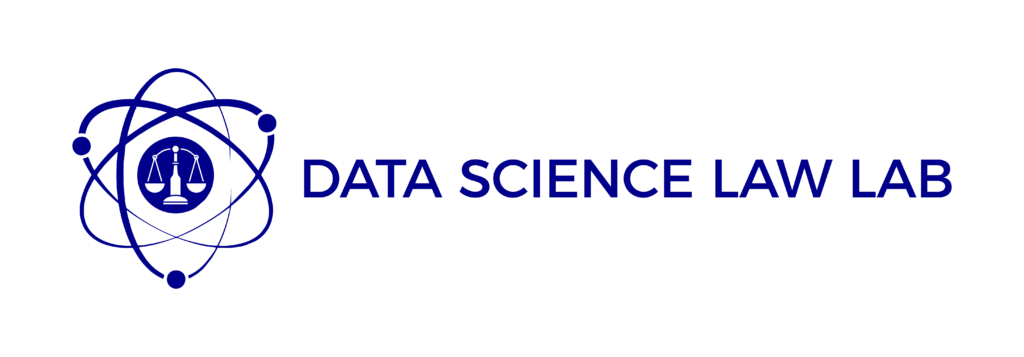Summary
This project involves a survey of all published cases in the field of copyright law decided by the Supreme Court of Appeal of South Africa and published on SAFLII website and a case-level metadata including a general category label (identification of copyright work), biographical information of the parties, right infringed, how infringement occurred, defence proffered, foreign jurisdiction cases cited and the direction of the decision (affirmation/reversal of the decision of the High Court) of those decision.
Data Science Law Lab partnered with the University of Pretoria MIT808: Big Data Science Capstone Project to present an empirical analysis of appellate copyright jurisprudence in South Africa using data science techniques to model outcome sentiments. The study seeks to determine whether there are any patterns or trends in the outcomes that may be found through quantitative analysis in order to better understand how copyright matters are handled in South African appellate courts. To achieve this, a dataset of selected appellate copyright cases from the South African courts is collected and coded based on various factors, including the nature of the dispute, the legal issues at stake, and the outcome of the case. Sentiment analysis techniques are then applied to the dataset to model the sentiment of the court’s decision in each case using transformers’ pre-trained models, allowing for the identification of patterns and trends in the outcomes. The results of the study provide valuable insights into the nature of copyright jurisprudence in South Africa and demonstrate the potential of data science techniques for analyzing legal outcomes.
Outputs
Funders
University of Pretoria’s Research Development Programme (2022-2024)
Team
Chijioke Okorie (Principal Investigator)
Segopotso Gakeitumele (Researcher)
Mokhusu Mothapo (MIT808 Student researcher)
Matome Ledwaba (MIT808 Student researcher)
Xolile O’Reilly (MIT808 Student researcher)
Kapei Sebesho (MIT808 Student researcher)
Duration
2023-2024

